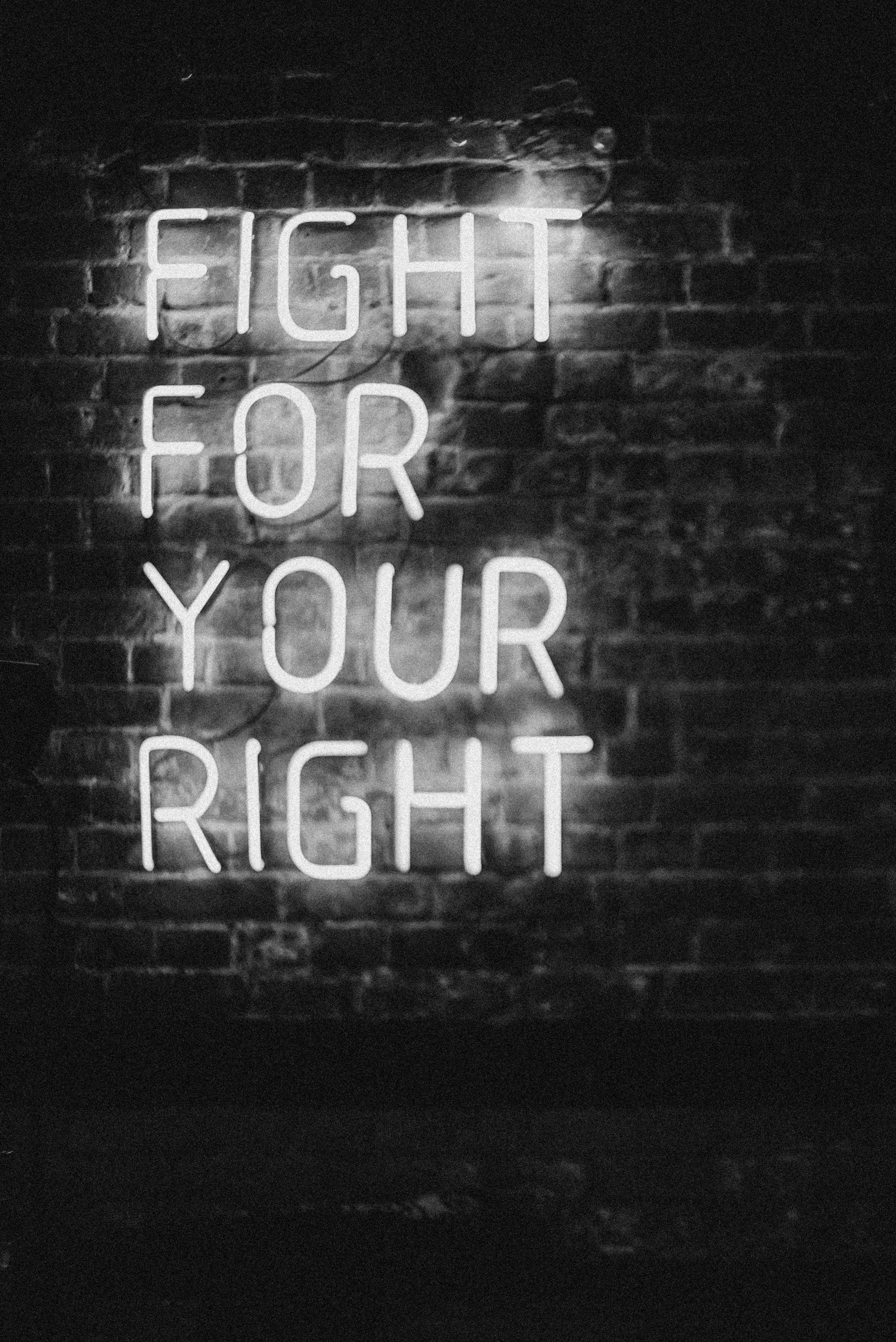Possible outcomes after filing an EEOC complaint.
Birmingham, Huntsville, Montgomery Employment Attorney

The U.S. Equal Employment Opportunity Commission (EEOC) is responsible for enforcing federal laws that make it illegal to discriminate against a job applicant or employee on the basis of certain protected characteristics, such as race, color, national origin, sex, religion, age, disability, or genetic information. When you file a charge of discrimination with the EEOC, the agency will take various actions, and they can make different decisions based on the information and circumstances surrounding your charge. Here are the different decisions the EEOC may make:
- Acceptance of Charge: The EEOC may accept your charge for investigation if it falls within its jurisdiction and if it appears to have merit. This typically involves reviewing the information provided in your charge and ensuring it alleges discrimination based on a protected characteristic.
- Dismissal: The EEOC may dismiss your charge if it determines that there is insufficient evidence of discrimination or if the charge does not fall within its jurisdiction. If your charge is dismissed, you will be issued a Notice of Right to Sue, which allows you to pursue your claim in court.
- Mediation: The EEOC may offer mediation services to both you (the charging party) and the employer if both parties agree to participate. Mediation is a form of alternative dispute resolution where a neutral mediator helps facilitate a resolution between the parties.
- Investigation: If your charge is accepted for investigation, the EEOC will conduct a thorough investigation, which may involve interviews, requests for documents, and gathering evidence from both parties to determine whether there is reasonable cause to believe discrimination occurred.
- No Reasonable Cause Finding: If, after the investigation, the EEOC determines that there is no reasonable cause to believe discrimination occurred, they will issue a Dismissal and Notice of Rights. You can then proceed to court if you choose.
- Reasonable Cause Finding: If the EEOC finds reasonable cause to believe discrimination occurred, they will attempt to resolve the charge through conciliation between the parties. If conciliation fails, the EEOC may file a lawsuit on your behalf or issue you a Notice of Right to Sue, allowing you to file your own lawsuit in federal court.
- Administrative Closure: In some cases, the EEOC may administratively close a charge if the charging party or employer fails to cooperate or if the charging party withdraws the charge.
It's important to note that the EEOC's handling of charges can be a lengthy process, and the specific outcome depends on the facts of your case and the agency's findings. If you have concerns about potential discrimination, contact attorney Ramon Martin of The Justice Law Firm, LLC today for a FREE consultation.


